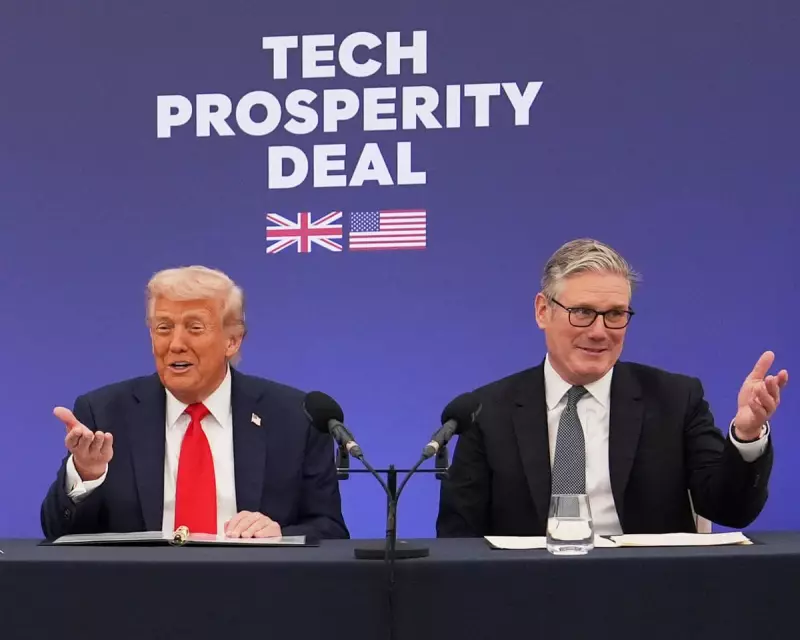
In a move billed as a transformative leap into the future, the UK government has inked a colossal £31 billion technology pact with the United States. The agreement, spearheaded by the Department for Science, Innovation and Technology (DSIT), promises to reshape how Whitehall procures cutting-edge technology, with a heavy emphasis on artificial intelligence.
While ministers hail it as a monumental opportunity to slash costs and turbocharge public sector efficiency, the deal has raised eyebrows for its unprecedented scale and the conspicuous lack of parliamentary debate. Negotiated behind closed doors, the pact commits the UK to a vast spending framework with US tech giants, sparking concerns over accountability and sovereignty.
The Core of the Deal: AI and Beyond
The agreement establishes a joint framework designed to streamline and accelerate the procurement of advanced technologies. The primary focus is on:
- Artificial Intelligence: Co-developing and deploying AI solutions for use in public services, from healthcare to administrative tasks.
- Shared Procurement: Creating a combined market, allowing UK and US public bodies to purchase from a pre-approved pool of suppliers.
- Supply Chain Security: A pledge to collaborate on securing critical technology supply chains against geopolitical disruptions.
Proponents argue this will give the UK firepower to innovate at a scale it couldn't achieve alone, potentially saving billions and improving services.
The Elephant in the Room: A Democratic Deficit?
The most contentious aspect of the deal is how it was brokered. Unlike major trade agreements, this pact did not receive detailed scrutiny in the House of Commons. Critics, including governance watchdog the Institute for Government, have labelled it a "government-to-government" deal that sidesteps traditional democratic oversight.
Key questions remain unanswered: What guarantees are in place to protect UK taxpayers' money? How will data privacy be ensured when handled by US corporations subject to different laws? The article highlights a worrying trend of such significant deals being agreed upon with minimal transparency, setting a concerning precedent for future policy-making.
A High-Stakes Gamble on Tomorrow's Technology
This deal represents a high-stakes bet on the future of AI and the UK's place in the global tech race. The government envisions a future where AI-driven efficiency revolutionises the public sector. However, sceptics warn of a potential lock-in to US technology standards, diminishing home-grown innovation and creating a new form of digital dependency.
The £31 billion question is whether this alliance will be a masterstroke of global cooperation or a cautionary tale of rushed deals and uncalculated risks. The lack of clear, publicly available answers ensures this debate is only just beginning.





